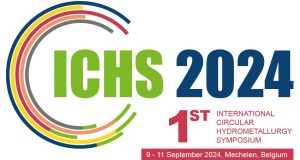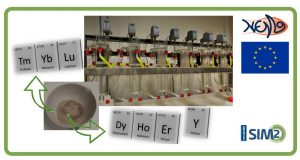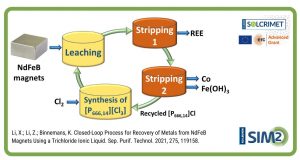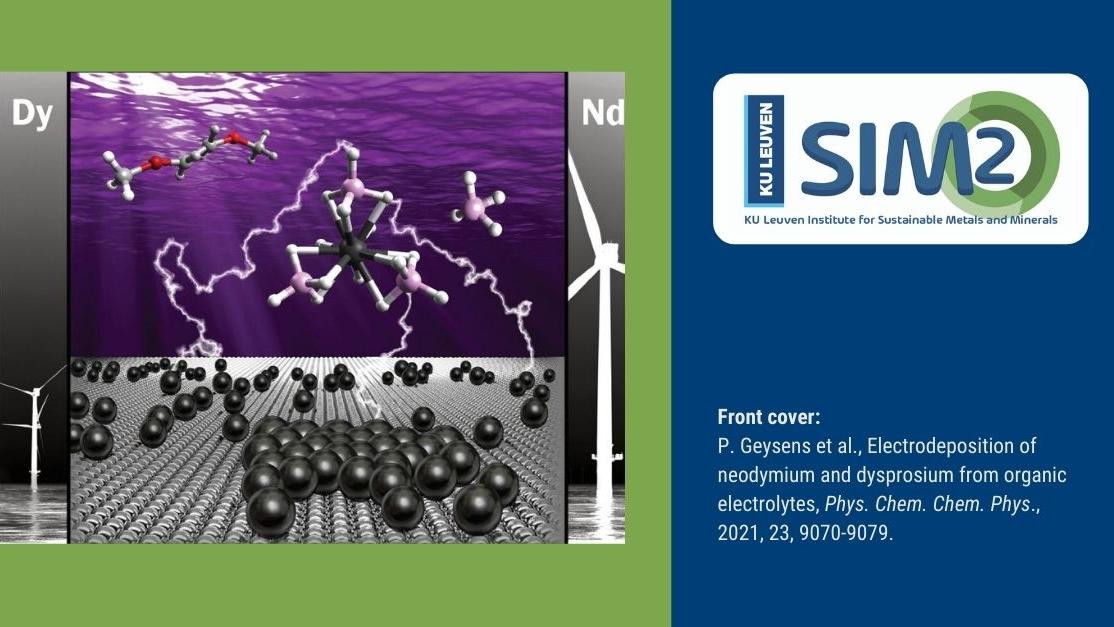On May 28-31, 2017, more than 200 people took part in the 2nd Conference on European Rare Earth Resources, a joint organisation by two key REE projects in Europe: FP7 EURARE and H2020 MC-ITN EREAN. The venue for this event was the picturesque Greek island of Santorini. It was an intriguing conference, which offered lots of food for thought.
In order to stimulate more policy debate about the Europe’s Rare Earth Element (REE) supply, Dr. Peter Tom Jones (SIM² KU Leuven) wrote a Policy Brief for the MC-ITN EREAN and MSCA-ETN DEMETER projects. The Policy Brief covers six lessons learned:
- The Balance Problem is more relevant than ever;
- REE recycling still lurking in the shadows;
- Primary REE mining in Europe: the Kvjanefeld project seems to be the winner;
- Social license to operate is key;
- Beyond REEs: watch out for the new CRM figure of the EC;
- REE research in Europe: Quo Vadis?
Lots of food for thought… as we said! Reactions are welcome at peter.jones@kuleuven.be.
Dowload Policy Brief DEMETER_EREAN_”ERES 2017: Six Lessons Learned”
The European Rare Earth (Magnet) Recycling Network (EREAN) trains 15 young researchers in the science and technology of rare earths, with emphasis on the recycling of these elements from neodymium-iron-boron permanent magnets.
DEMETER is the European Training Network for the Design and Recycling of Rare-Earth Permanent Magnet Motors and Generators in Hybrid and Full Electric Vehicles. DEMETER concurrently develops (1) innovative, environmentally-friendly direct and indirect recycling strategies for the permanent magnets in the motors and generators of (H)EVs that are currently already on the market and (2) Design-for-Reuse solutions for motors and generators in the (H)EVs of the future.


 European Training Network for the Design and Recycling of Rare-Earth Permanent Magnet Motors and Generators in Hybrid and Full Electric Vehicles (DEMETER)
European Training Network for the Design and Recycling of Rare-Earth Permanent Magnet Motors and Generators in Hybrid and Full Electric Vehicles (DEMETER)



